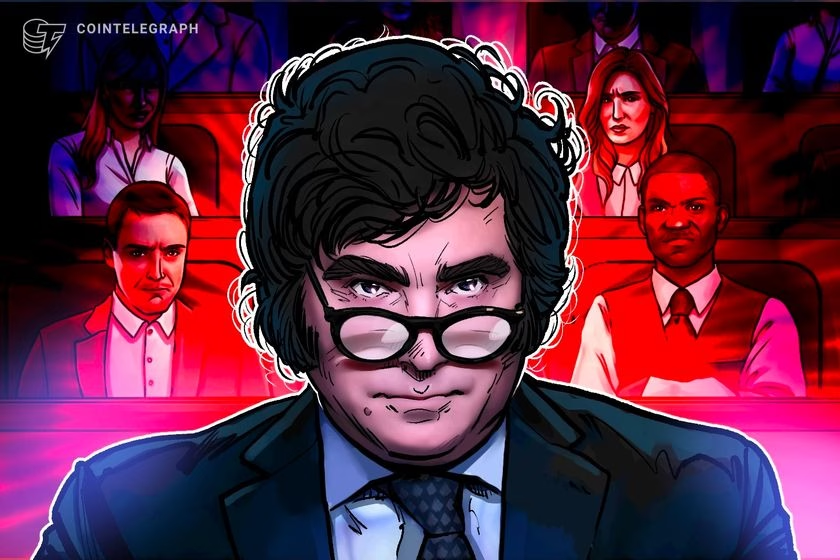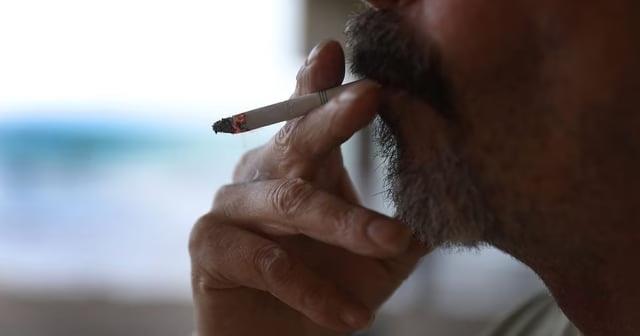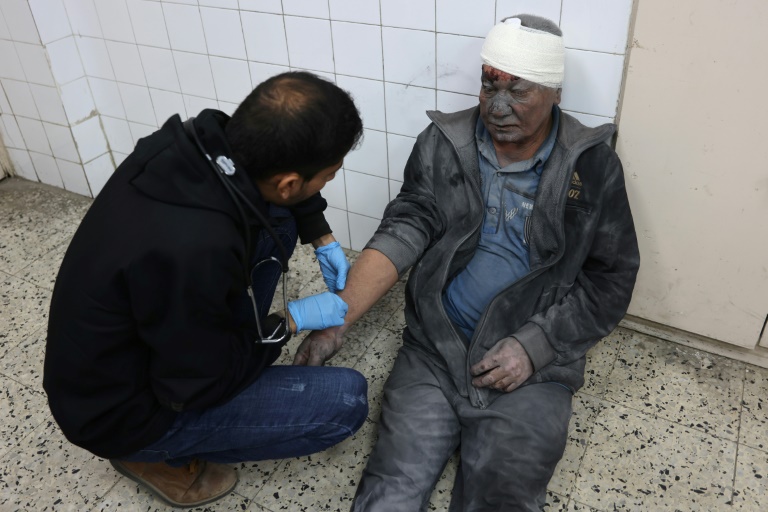Cummings responds to UN report on crime: Most youth want to do well
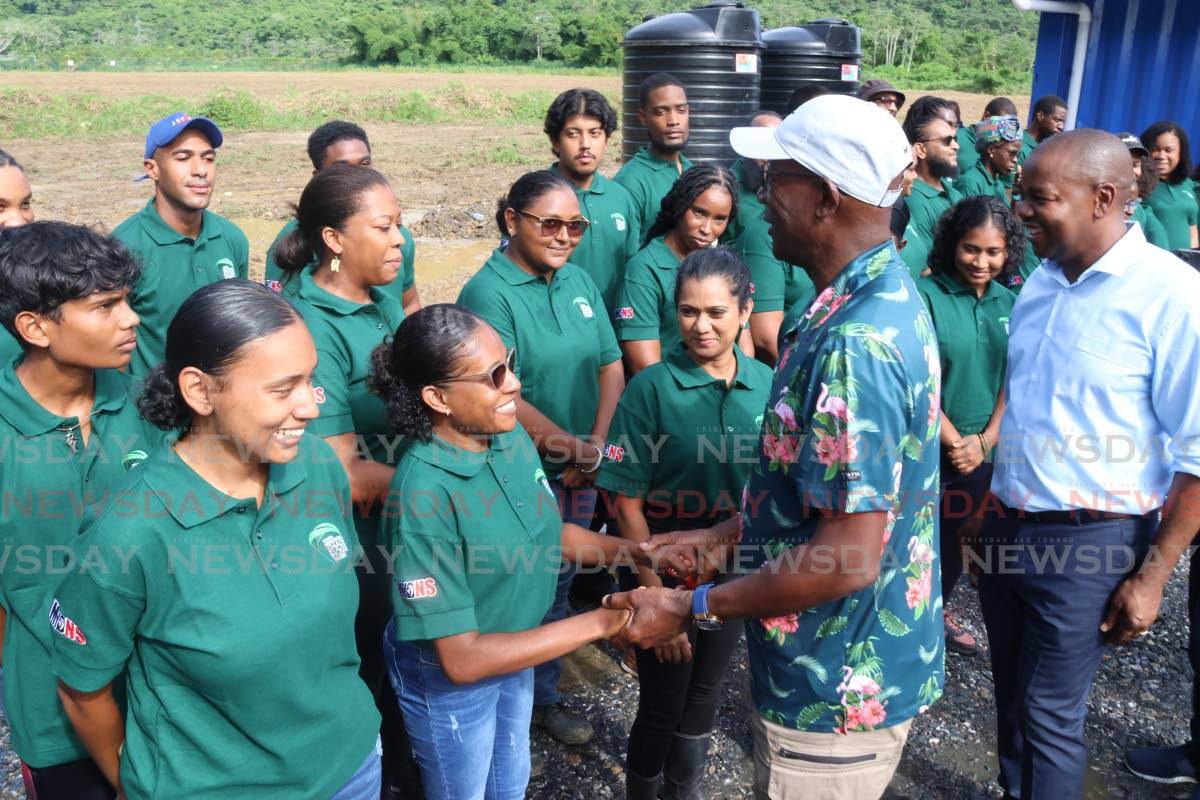
Top Stories Tamfitronics News
Sean Douglas
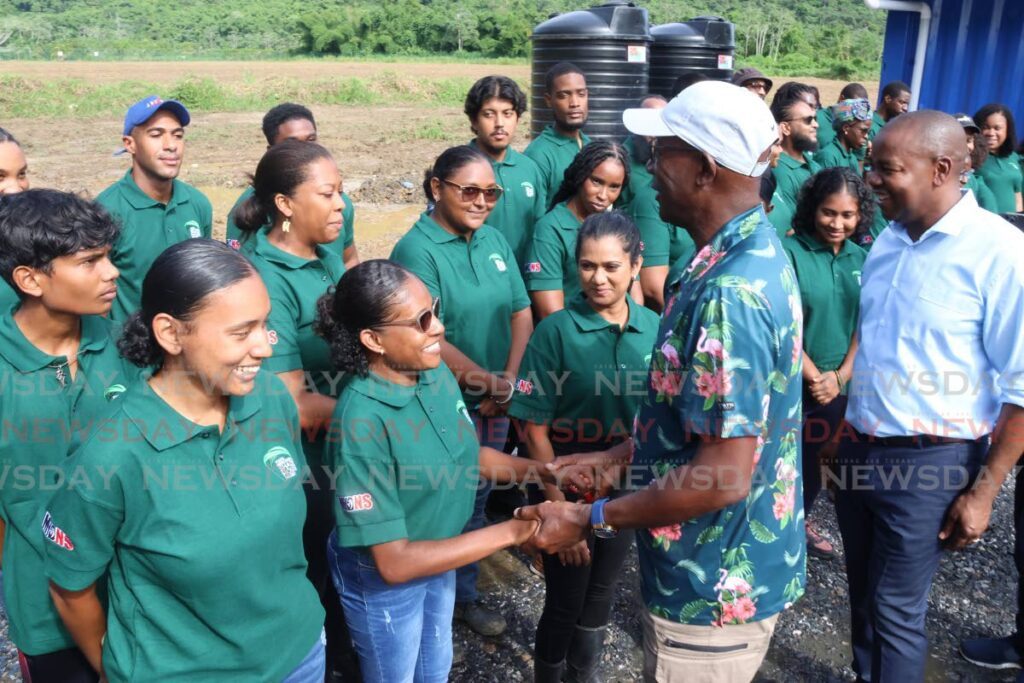
FOSTER CUMMINGS, Minister of Youth Development and National Service, reacted to a recent UN report of youth seeking comfort in criminal gangs by saying in fact the vast majority of youngsters were seeking betterment in productive pursuits, not crime.
On September 5 Newsday published the findings of a recent report by the UN Office on Drugs and Crime (UNODC) titled Caribbean Gangs: Drugs, Firearms and Gangs Networks in Jamaica, St Lucia, Guyana and Trinidad and Tobago.
This said many gangs in the region originated in “self-help” and “neighbourhood improvement” groups in low-income and informal settlements amid a limited State presence. “Most gangs emerged in response to criminal opportunity and in conditions of social and economic deprivation.”
The report also said criminal gangs now address the social alienation of some youngsters.
“And while most gangs seek to generate profits for their leadership, they also play a role in incubating a sense of belonging and identity to the rank and file.
“The composition of gangs is overwhelmingly of younger males, often lacking educational and employment opportunities and deeply suspicious of public authorities. “While often short and brutal, gang life offers money, respect, belonging, and access to intimate partners.”
Newsday sought the response of Cummings, given his ministry’s role in trying to develop young people.
Cummings said,” Our mandate is really to work towards the empowerment of young people, to get them involved in productive activity and of course legal activity. So it is a self-development drive.
“So we are focused on putting opportunities on the table, available to all young people, even those who can’t afford to do it.”
He said the programmes ultimately equip youngsters for employment or business.
“In that way, once they are productive and taking part in the productive sector, then it is less young people available to the criminal element to recruit.
“The criminal element, I suppose, will prey on young people and other people who have a lot of idle time on their hands, who are not employed or in any formal training towards a career.”
Newsday asked if there was any way over time to measure the success of programmes in positively influencing youngsters’ lives.
Cummings said, “When we execute or programmes, when we roll them out, the type of response we get suggests that a lot of young people the majority of young people want to work to improve their condition.”
This entails getting involved in the productive sector and training themselves to develop a career path to become a successful person, he reiterated.
“That is the first step: The response we get from these young people.
“Then we also do our own monitoring evaluation to see the numbers we are touching, the numbers we are impacting, and what they are doing after they receive our training. That guides what we roll out in the future
“The conclusion we have come to is that if the thousands of young people that we have, there are significantly more young people who are gravitating towards this kind of productive activity than those who might be slanting towards a life of crime. It is significantly, significantly more.”
Cummings promised more focus on youngsters in the category of “not in employment education or training (NEET)”. “They may have left secondary school and are not doing much with their life. We are putting some additional emphasis on that category.”
Newsday asked if public programmes of youth training had sufficient places to cater for the many applicants.
“It is an all-of-government approach. We are doing a significant number with our agricultural programmes, our training programmes, our cultural exposure programmes.
“We are doing quite a lot. We are training people in all kinds of different fields in technical/vocational areas that have not been touched before heavy equipment operation, crane operations, significant agricultural pursuits and so forth.”
Cummings said other ministries were also training young people.
“The Ministry of Trade and Industry has three or four apprenticeship training programmes. They recently launched one for the yachting industry. They have one for the woodwork industry.
“The Ministry of Education. People seem not to pay attention to the fact that we have YTEPP, MIC, NESC, CARIRI.
“We have also the Costaat. We have programmes rolled out by the UTT and UWI. All of these agencies have training programmes for young people as well.” He said the Ministry of Agriculture also has some training programmes
“All in all, the Government is doing quite a bit.
“But at the end of the day, some work has to be done from the family level, as well, and an individual desire to want to be the best.”
Discover more from Tamfis Nigeria Lmited
Subscribe to get the latest posts sent to your email.



 Hot Deals
Hot Deals Shopfinish
Shopfinish Shop
Shop Appliances
Appliances Babies & Kids
Babies & Kids Best Selling
Best Selling Books
Books Consumer Electronics
Consumer Electronics Furniture
Furniture Home & Kitchen
Home & Kitchen Jewelry
Jewelry Luxury & Beauty
Luxury & Beauty Shoes
Shoes Training & Certifications
Training & Certifications Wears & Clothings
Wears & Clothings





